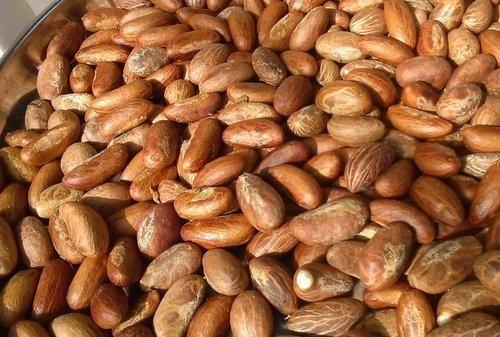
A Professor of Ophthalmology, Adebukola Oshintelu, says regular intake of African native nut, bitter kola, helps to treat and manage glaucoma disease.
Oshintelu, who works with Lagos University Teaching Hospital (LUTH), Idi-Araba, said this in an interview with the News Agency of Nigeria (NAN), on Friday in Lagos.
NAN reports that glaucoma is a condition of increased pressure within the eyeball, causing gradual loss of sight.
The physician told NAN that through her research, bitter kola had been discovered to be ‘wonderfully efficacious’ for the treatment of glaucoma.
“The African native nut, also known as bitter kola, has antibiotics, antiviral and antifungal in different conceptions.
“The joy of the discovery is that the regular intake of the nut was introduced to me by an octogenarian patient in LUTH.
“The patient claimed that his eye problem was hereditary; he usually came for check up but would not use the drugs prescribed for him.
“The man eye’s was improving with the intake of the nut. That was how I got introduced to the native nut and decided to research on it,” Oshintelu said.
The ophthalmologist noted that the content of most of the effective drugs in the markets, including orthodox medicine, was from plants.
“If Nigeria can develop this aspect of nature’s gift, it will help the health system by boosting our economy and create more jobs for our people.
“There are some peculiar things that God endowed Africa with, which is our plants and vegetations,” Oshintelu said.
Also speaking with NAN, Dr Oluwagbemiga Aina, Researcher, Nigerian Institute of Medical Research (NIMR), Yaba, said that the health benefits of herbal products were very rewarding to the health sector.
Aina said “That is why we have a centre for research for traditional medicine in NIMR to truly seek cover for herbal products.
“Before the manufacturers produce any herbal drugs, we research on it to know whether they are good for consumption and check their contents to know what they do.
“Most of the herbal medicine or drugs are gradually being accepted by people and they have started using them for their health,” he said.
END

Be the first to comment